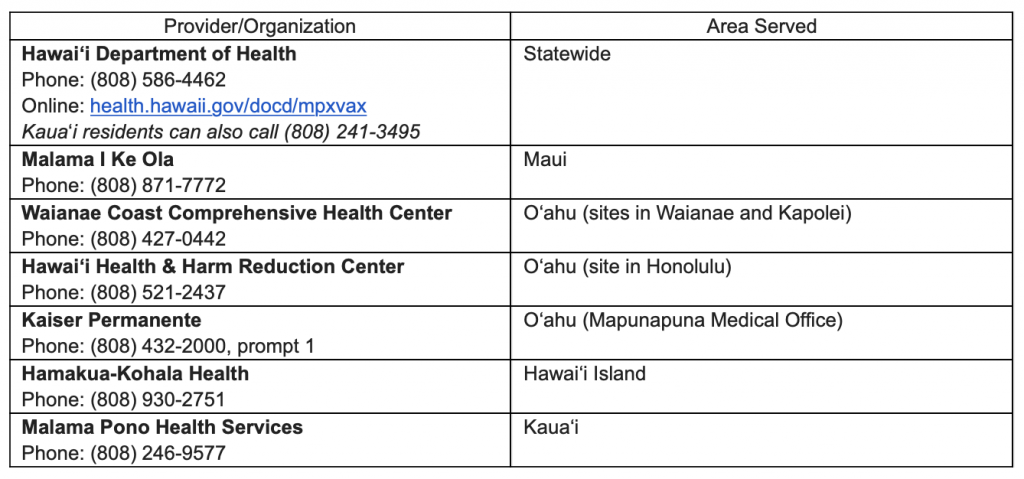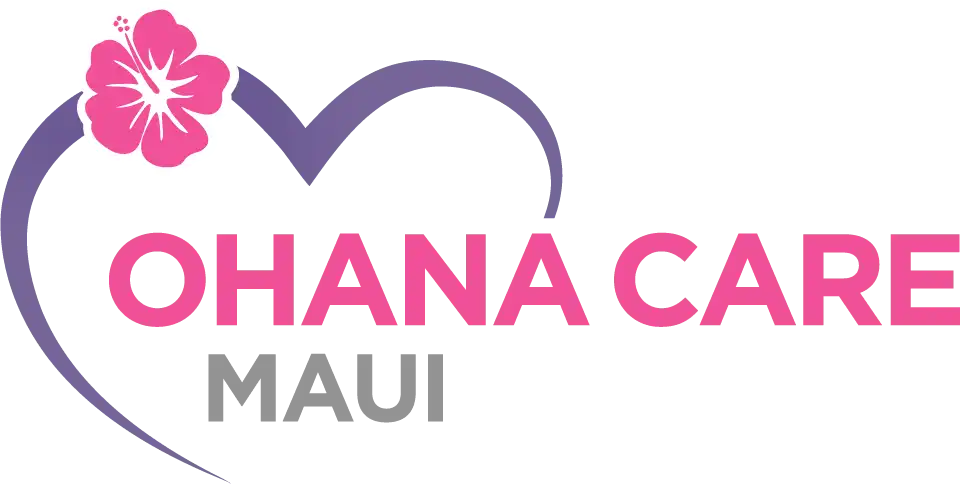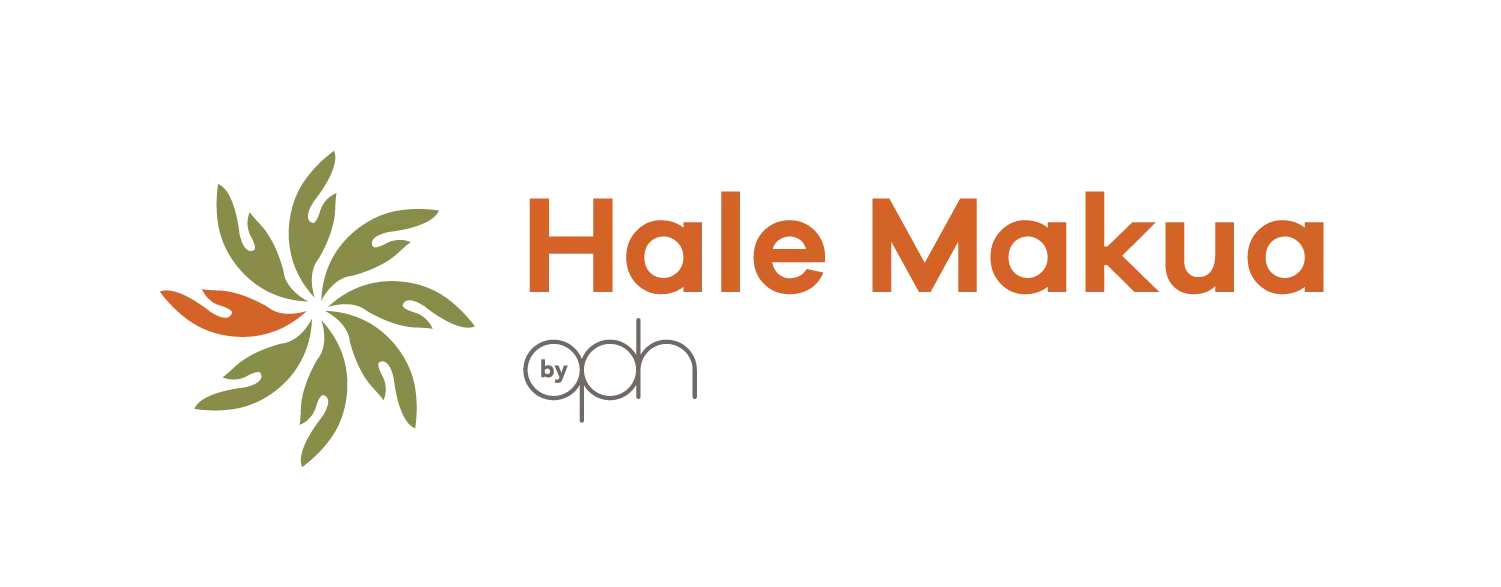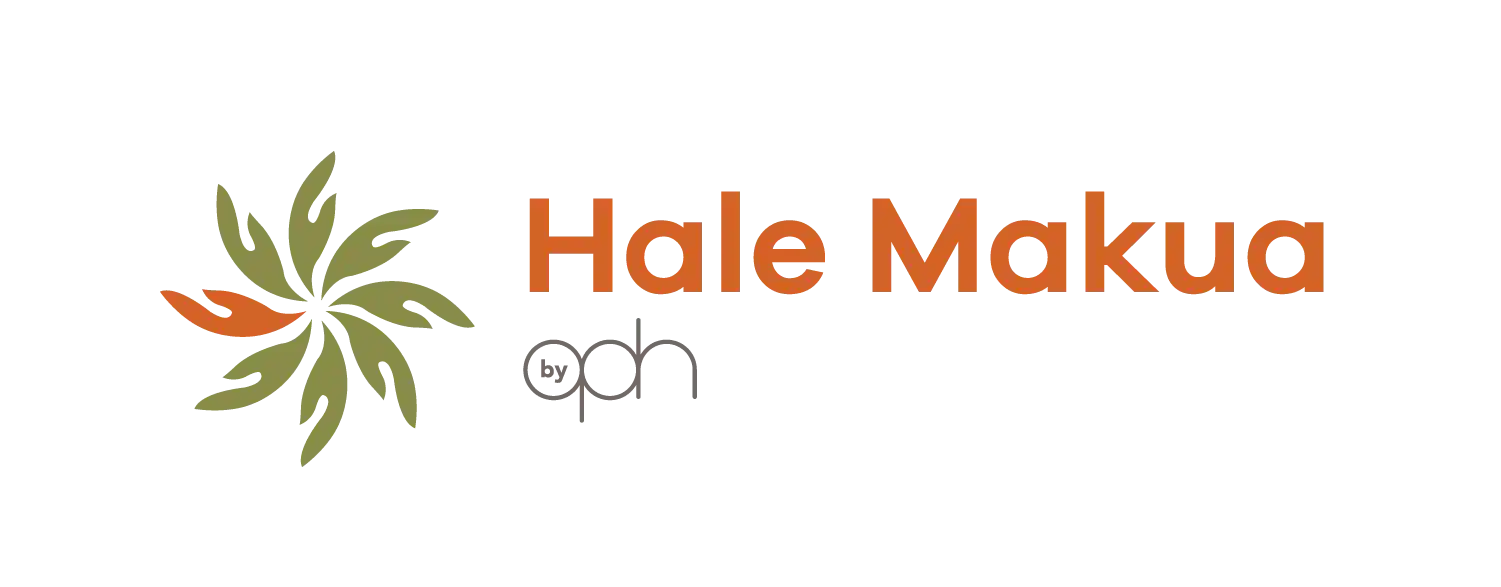Additional monkeypox case in Oʻahu resident
The Hawaiʻi Department of Health is reporting one additional case of monkeypox in an Oʻahu resident whose case is related to a previously reported case.
This brings the total number of cases reported in Hawaiʻi since June 3 to 23, including three non-residents.
In addition to DOH and other partner sites, Kaiser Permanente on Oʻahu, Hamakua-Kohala Health on Hawaiʻi Island and Mālama Pono Health Services on Kauaʻi are now offering the JYNNEOS vaccine by appointment to individuals who meet current eligibility criteria.
Vaccination
The JYNNEOS vaccine is available statewide to Hawaiʻi residents 18 and older. Vaccination eligibility includes:
- Close contact in the last 14 days with a person with known or suspected monkeypox infection;
- Gay, bisexual, and other men who have sex with men and transgender individuals who have multiple or anonymous sex partners;
- Persons with severe immune compromise (e.g., advanced or poorly controlled HIV infection, active cancer treatment, high-dose steroids) or certain skin conditions, such as eczema; AND who have a household member or sex partner at high risk for monkeypox.
DOH and healthcare providers in each county who directly reach individuals at higher risk of monkeypox exposure continue to vaccinate eligible individuals. Individuals eligible for vaccination can make an appointment by contacting:

DOH has received approximately 4,400 doses of JYNNEOS and continues to order Hawaiʻi’s full allocation from the federal government. Nearly 2,000 doses have been administered.
JYNNEOS is a two-dose series administered 28 days apart. Individuals eligible for a second dose are encouraged to make an appointment.
Transmission
The Hawaiʻi DOH reports that the risk to most Hawaiʻi residents remains low. Monkeypox is mainly spread through close, intimate contact with body fluids, lesion material, or items used by someone with monkeypox. Monkeypox may be spread through large respiratory droplets. These droplets generally cannot travel more than a few feet, so prolonged contact is required.
“The current cases, both nationally and in Hawai‘i, are primarily spreading among social networks of gay, bisexual, and other men who have sex with men. However, anyone who has close contact with someone with monkeypox is at risk of infection, regardless of sexual orientation or gender identity,” according to a DOH press release.
Individuals with monkeypox symptoms, including flu-like symptoms, swollen lymph nodes, or new or unexplained rash or sores, should immediately contact their healthcare provider. Testing and treatment are available through healthcare providers.








